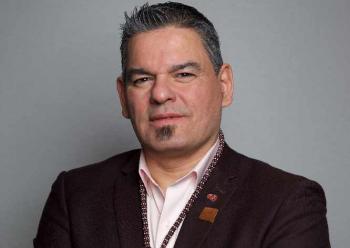Image Caption
Summary
The first ever National Indigenous Cannabis and Hemp Conference was an unqualified success with more than 500 participants.
The three-day conference was held at Tsuut’ina Nation in Alberta. And there is already a second national conference in the works. It will be held in Ottawa Feb.19 to Feb. 21. There participants will follow up on the discussions held Nov. 19 to 21.
The common theme that emerged from the inaugural event was that Indigenous peoples must work together with government and industry to secure a “considerable” share in Canada’s multi-billion dollar cannabis industry,” reads a press statement.
“The issue of jurisdiction is the overwhelming priority coming out of this conference. Asserting our jurisdiction in the cannabis and hemp industry must be respected by mainstream industry and at all levels of government," said Chief Isadore Day, who chaired the conference.
"Economic sovereignty, health and safety, and community risk and impacts are the main themes we heard. Most importantly, we heard there is a growing interest in establishing a national network of Indigenous producers and retailers in order to compete with the larger multi-billion dollar cannabis companies.”
Representatives from Health Canada and Indigenous Affairs were in attendance and presented at the conference. The federal government “seems willing” to support First Nations participation in the industry, while at the same time respecting jurisdiction, the release states.
“We must maintain our symbiotic relationship that this medicinal plant offers,” said Chief Lee Crowchild of the Tsuut’ina Nation.
“There has to be balance as we move forward. If the only driver is economic development, then it becomes the drug of addiction and the people will be foreign to the help that this medicine provides,” Crowchild said. “We must move forward with our fundamental beliefs in mind so our peoples and others will benefit from the healing aspects of this medicinal plant.”
Chief Day suggests that time is running out, and the peoples need reassurance that Indigenous Nations can still be a “major contributor” to this new economy.
“We are eager to continue our focus and momentum that has been created by our communities, cannabis experts and business developers.”

